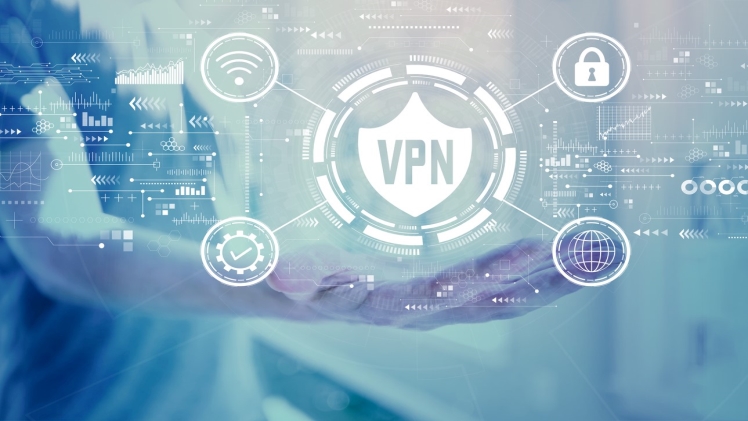Given the abundance of VPN services accessible, it might be difficult to decide which one to subscribe to. While VPN provider websites are often helpful in terms of emphasising key capabilities (and, certainly, limits), additional critical information is sometimes hidden deep inside the site. To prevent being duped by a VPN’s flashy website, we’ve compiled this post outlining the genuinely critical elements to consider when selecting the proper VPN service for you.
Numerous server locations
A VPN conceals a user’s data by encrypting it and connecting it to the VPN’s web server through a tunnel established between the user’s device and the VPN’s web server. The user then acquires the web server’s IP address (rather than their own), which enables one of the VPN’s advantages, namely that a user might pretend to be in a different geographic area than they really are. This may be used for a variety of purposes, including evading geo-blocking and enabling access to streaming services or retail websites specialised to a certain country. The critical aspect to remember here is that any reputable company will provide coverage in a diverse selection of nations, providing you with more possibilities overall. Additionally, the more servers in one area, the better (since they are less likely to be overwhelmed, resulting in improved performance). Here are some good vpn for pc recommended for you, you may check them out.
Apps for mobile devices
Any VPN provider will provide client software for Windows-based computers. However, the true usefulness of a VPN is in its mobile compatibility and in safeguarding your device while it connects to public Wi-Fi while out and about. Therefore, while selecting a VPN, ensure that it supports the platforms used by your mobile devices. The majority of providers provide applications for at least Android and iOS, but you should also check the setup instructions on their Support sites. ExpressVPN provides guidelines for manually configuring Windows Phone, BlackBerry, ebook readers, and Linux, among others.
Integrated deactivation switch
No VPN service is completely safe, and they may be prone to IP leaks, which reveal your genuine IP address while you are online. This is more likely to occur when the VPN service becomes congested. The answer is a VPN death switch that can watch for a VPN connection failure – when the connection fails, your genuine IP address becomes visible, and in this situation, a kill switch disables data flow. In a nutshell, it terminates the connection, blocking the transmission of unencrypted data (and your true IP from being leaked). While not all VPN providers have a kill switch in their client software, some do. Look for a provider that has an inbuilt VPN kill switch and ensure that it is enabled in the VPN app’s settings; many are deactivated by default.
DNS servers that are not publicly accessible
DNS (Domain Name System) resolution is the process by which the address entered in the address bar of your web browser, such as www.techradar.com, is converted to the IP address used by the global web to send traffic to the user. By default, most people do DNS translation via their ISP, however this may easily be modified.
Naturally, the aim of utilising a VPN is anonymity, and as such, we want the VPN to be configured to protect us throughout the DNS translation process as well (keeping data away from the potentially prying eyes of the ISP). While the Google DNS translator is often utilised for its speed, it would be a poor privacy option. Rather of that, there are DNS providers dedicated to anonymity, such as FreeDNS or DNSWatch, and fact, your VPN provider should use its own anonymous DNS to protect your privacy even more.
If You Need More Information Visit: gamingnews

